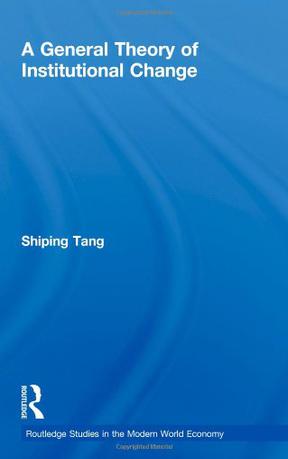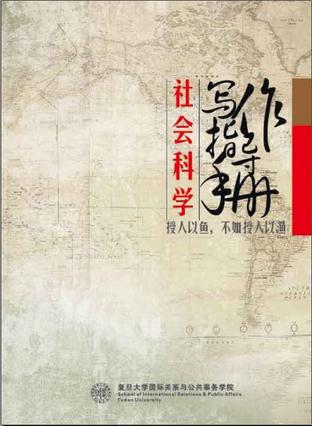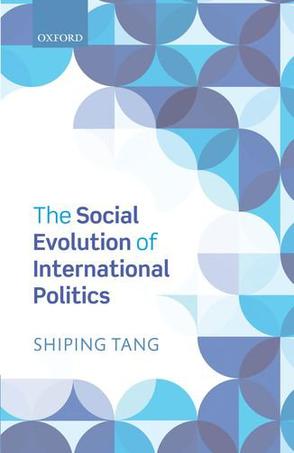-

A General Theory of Institutional Change
Institutional change is a central driving force behind social changes, and thus a central topic in all major fields of social sciences. Yet, no general theory of institutional change exists. Drawing from a diverse literature, this book develops a general theory of institutional change, based on a social evolutionary synthesis of the conflict approach and the harmony approach. The book argues that because the whole process of institutional change can be understood as a process of selecting a few ideas and turning them into institutions, competition of ideas and struggle for power to make rules are often at the heart of institutional change. The general theory not only integrates more specific theories and insights on institutional change that have been scattered in different fields into a coherent general theory but also provides fundamental new insights and points to new directions for future research. This book makes a fundamental contribution to all major fields of social sciences: sociology (sociological theory), political sciences, institutional economics, and political theory. It should be of general interest to scholars and students in all major fields of social science. -

社会科学写作指导手册
承蒙朱春、何余、徐慧娜、张志文、吴洁等多位同学的努力,这个小册子终于和大家见面了。 忠岐、澄秋和我一起举办这个讲座系列的初衷乃是希望同学们不要“望(写学术文章,也包含政策性学术文章和政策建议)而生畏”。换句话说,我们希望同学们能够有写学术文章(对于大多数同学来说,主要是毕业论文)的基本准备。具体说来,就是对学术文章的要求、大体的套路和结构有一定的了解。一开始我们也就是想开个讲座系列。讲座结束后,朱春和几位同学决定在讲座记录的基础上编一个小册子,以方便同学们日后拿起来重新学习。这个小册子便是他们努力的结果,功德无量。 我想特别强调的是,尽管对于大多数同学来说,毕业论文恐怕是你们一生中最后一次写所谓的“学术论文”,但是,作为一种“书面表达”能力,会写“东西”,对于每一位同学以后的职业生涯来说都是一个必备的技能。如果你不能写出像样的东西来(不一定是学术文章),那你的升迁总归会多少受到点制约。可以想象,你在一个老板手下,老板让你写个材料,比如背景材料、情况分析、应对措施建议等,你弄了三遍都搞不定,恐怕老板就要对你“另眼相看”了。因此,无论你是否从事学术研究,你都应该掌握基本的写作技能。 当然,我们的讲座和这个小册子不可能解决同学们所有的问题,比如,文献收集、数据获取、具体的写作技巧等等这些方面,都还需要同学们在实践中摸索。 感谢忠岐、澄秋和沈逸三位同事的鼎力贡献和支持,也感谢同学们的积极参与。也希望同学们,以及其他可能的读者对我们提出批评和建议,以便我们以后进一步改进。另外,我们也计划以后每隔两年,对讲座内容和这个小册子都更新一次。 最后,感谢志敏院长的有力支持,为这个小册子撰写“卷首语”。 是为序。 国际关系与公共事务学院 唐世平 2012年12月12日 -

The Social Evolution of International Politics
Deploying an original 'Social Evolution Paradigm' (SEP) and drawing from anthropology, evolutionary biology, and international relations, this book advances a sweeping account of the systemic transformation of international politics. More specifically, the book shows how the nasty and brutish Hobbesian/offensive realism world many of us take for granted had evolved from an Eden-like paradise; how the Hobbesian world had self-transformed into a more peaceful defensive realist world from 1648 to 1945; and how some regions of the post-1945 world have become more rule-based and peaceful. The book critically engages with all the key grand theories of international politics and provides interesting solutions to some of the 'great debates' between those theories, from offensive realism to defensive realism, neoliberalism, the English School, and constructivism. This book is essential reading for scholars and students of international politics and of interest to those working in anthropology, sociology, political science, and social sciences in general.